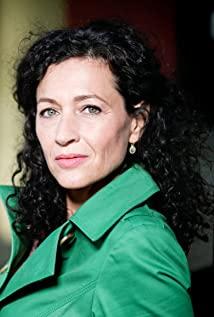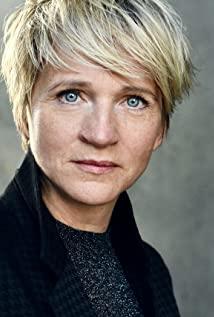Watch a wave of good shows before the Netflix membership expires. Today’s 4-episode short play Unorthodox has aroused many thoughts and resonance:
—The story mainly tells the story of a girl Esty who grew up in the Hasidic community of Williamsburg, New York and escaped. Although it is located in New York, the center of the universe, in this ultra-conservative Jewish community, women have to shave their heads after they marry when they are in their teens. They use their husbands as the key link, and they have no value other than having children. And Esty fled to Berlin, a place where the Jews have heard of...
—This is of course mainly a drama about the awakening of female power, and the point I personally was touched:
1. There is a saying in the play that there is no moat beside Williamsburg. So what is it that confines people's thoughts? When Esty tried to escape to freedom, Moyish wanted to suppress her with fear: "You are not educated, you have no skills, you are useless without this culture, you are no one." Yes, it is to use fear, to use fear to establish laws and regulations, so that people are afraid not to go beyond the rules.
2. On the other hand, the entire community binds the group with heavy hatred education. The suffering nation and the humiliating history that can never be forgotten are all suppressed in the mind of each individual. Only by never letting go can we continue the unity based on hatred.
3. Esty is confused, who is she? Who is she after leaving the culture of growth? The compass at the end of the film clarifies the meaning of the title: no matter where she is, she will always be herself.
4. How exactly is a cultural gaze? When seeing such a culture that suppresses women, I, including my Berlin friends in the play, are indeed censoring such a culture from a condescending perspective. Even if I only want to escape in my heart, Esty still wants to maintain first when the culture representing the identity and background is judged by others. I have a deep understanding of this. After all, cultural background can represent a part of the self, and if it is denied by others, it also represents the negation of a part of the self.
View more about Unorthodox reviews











